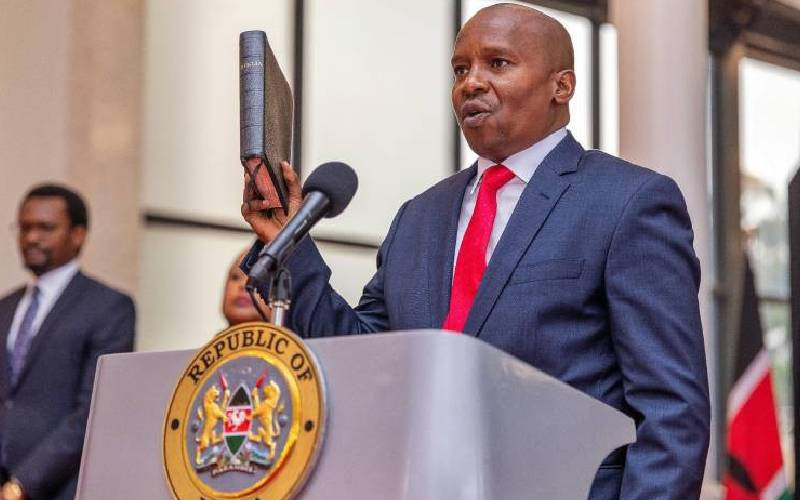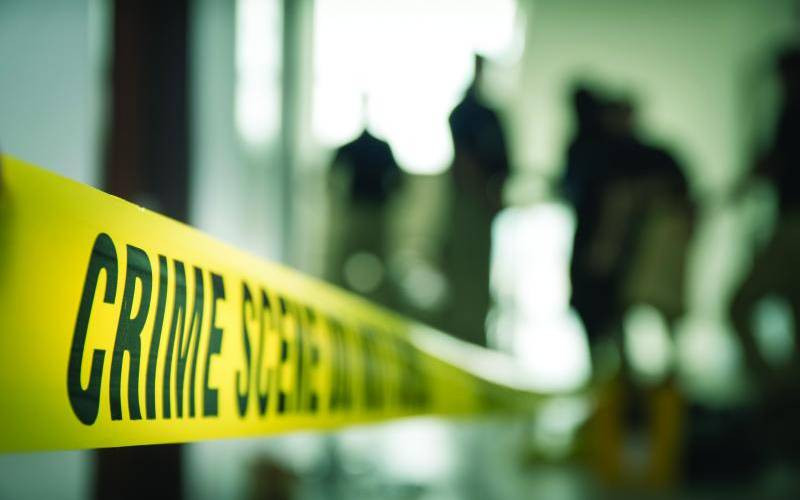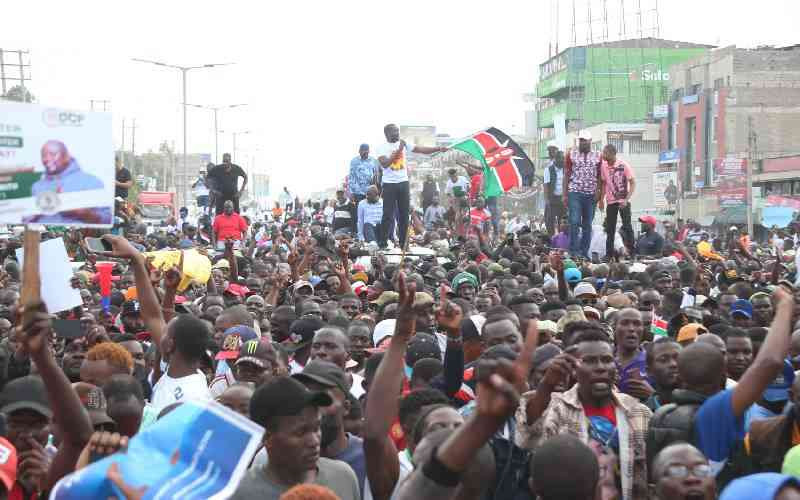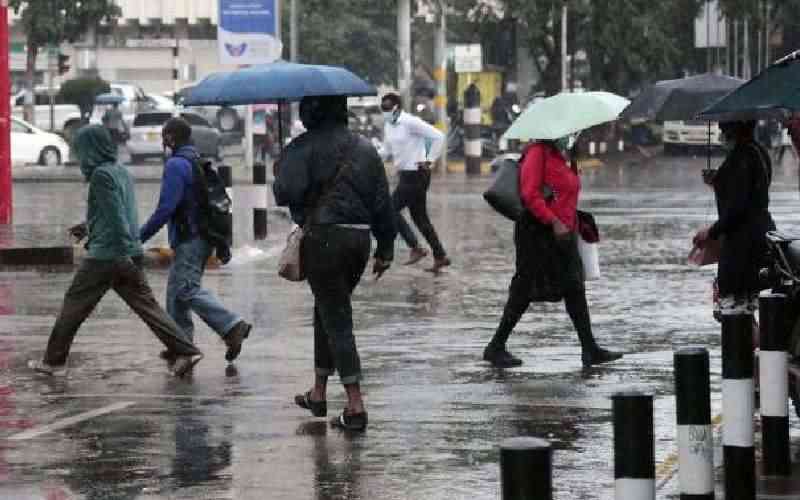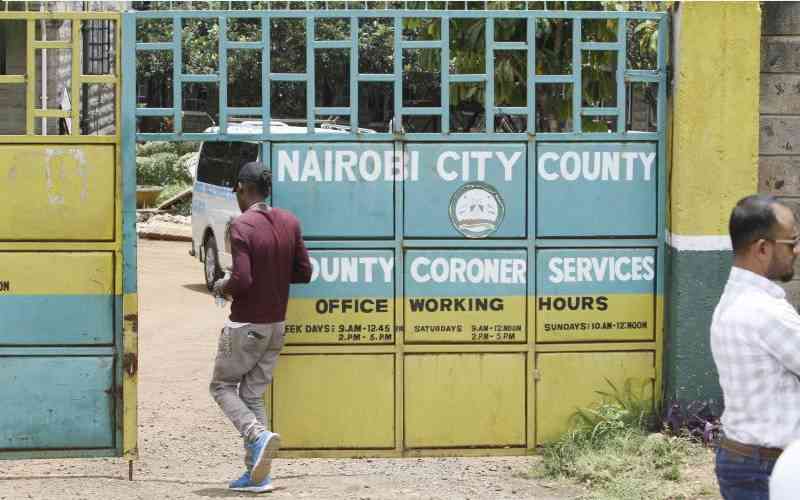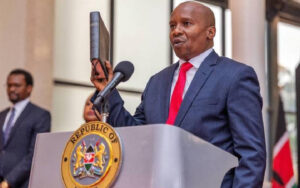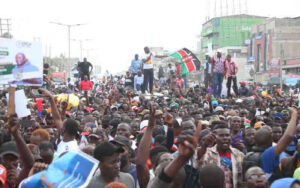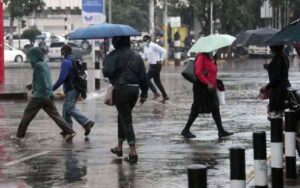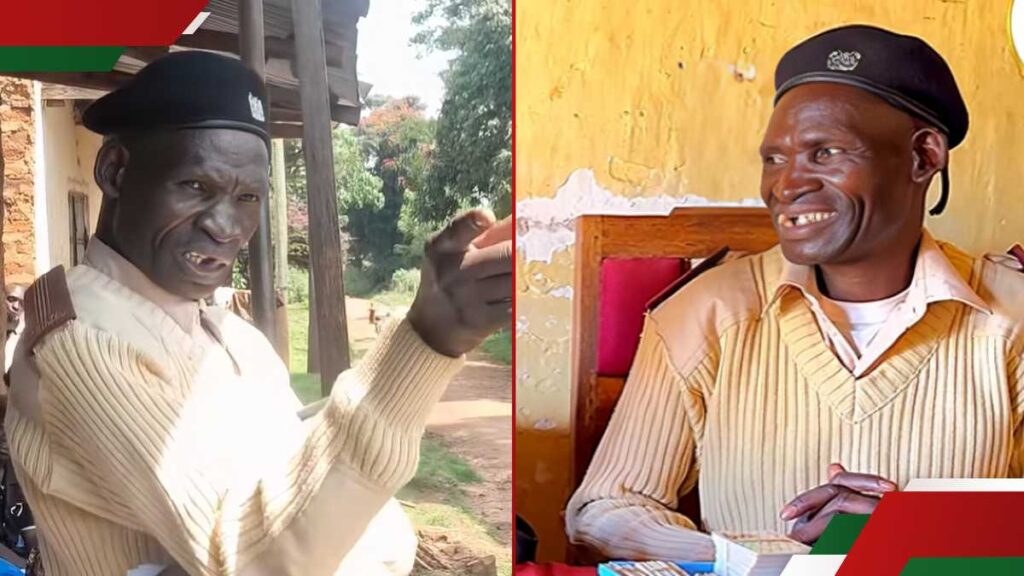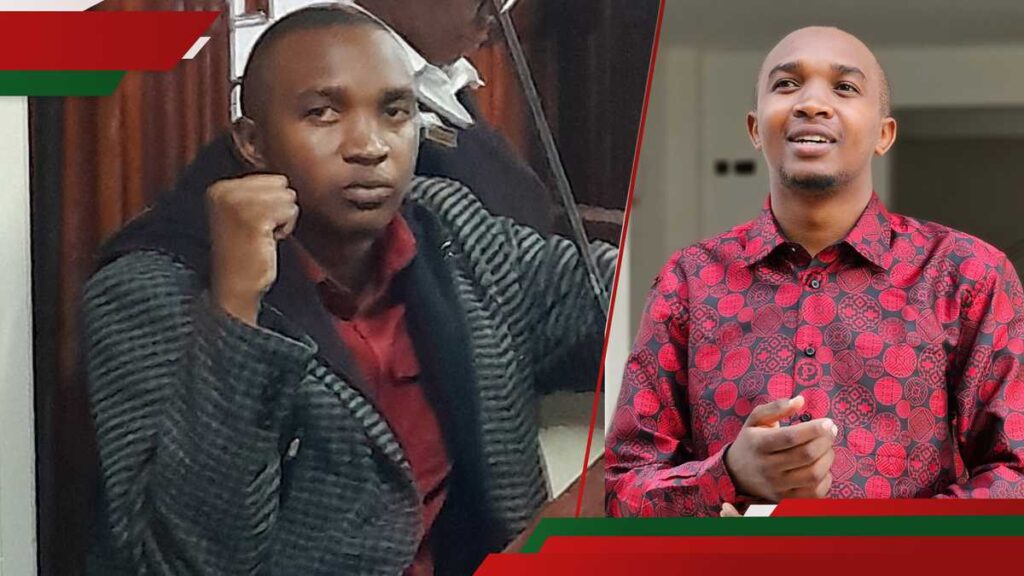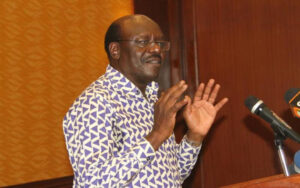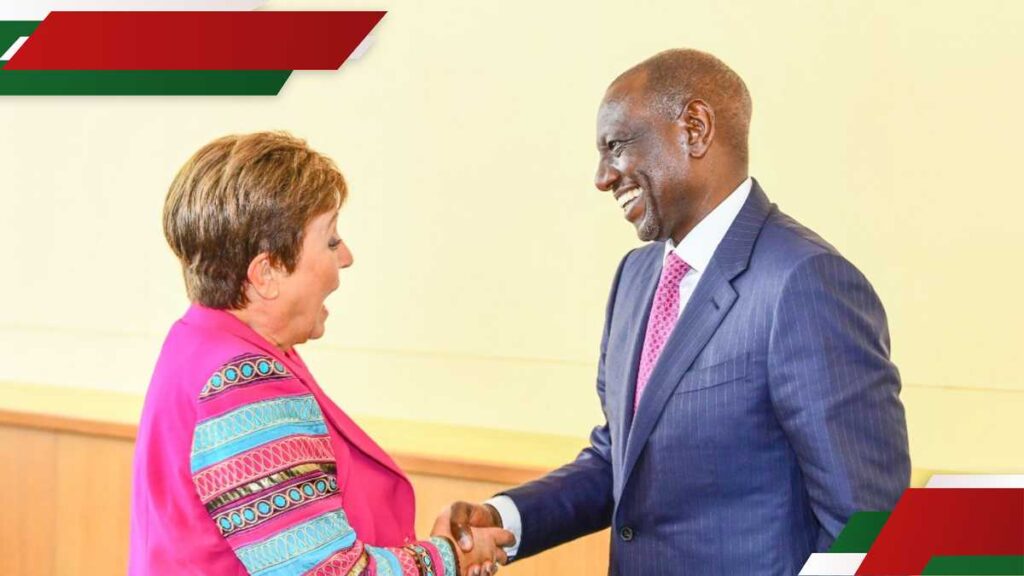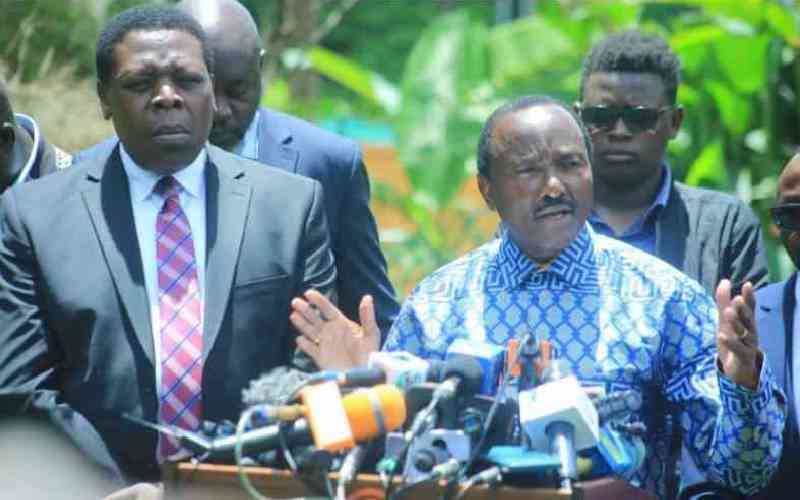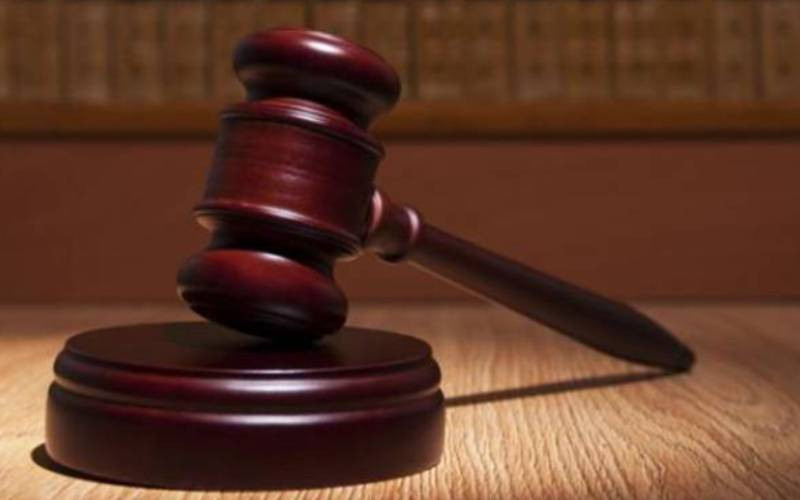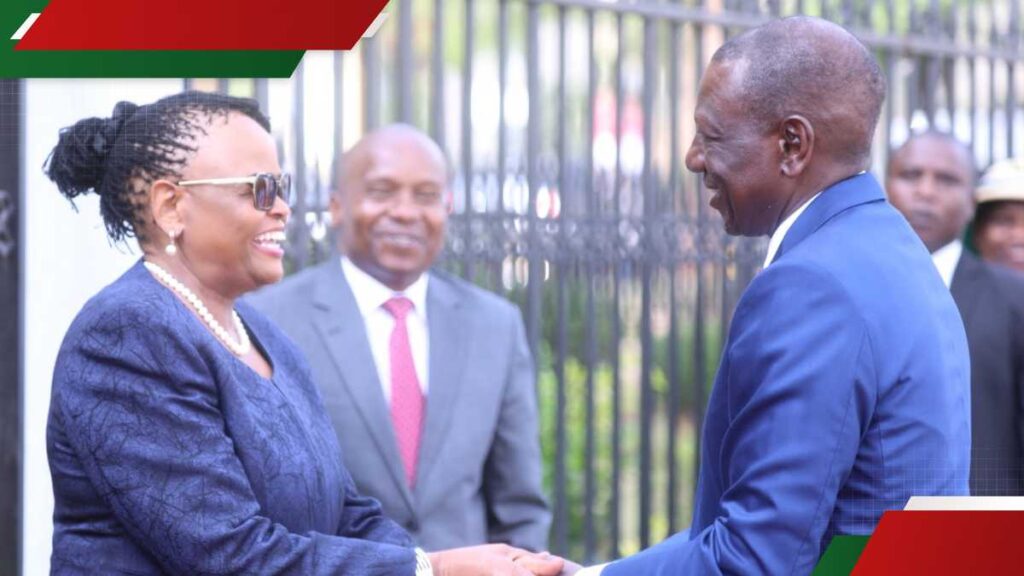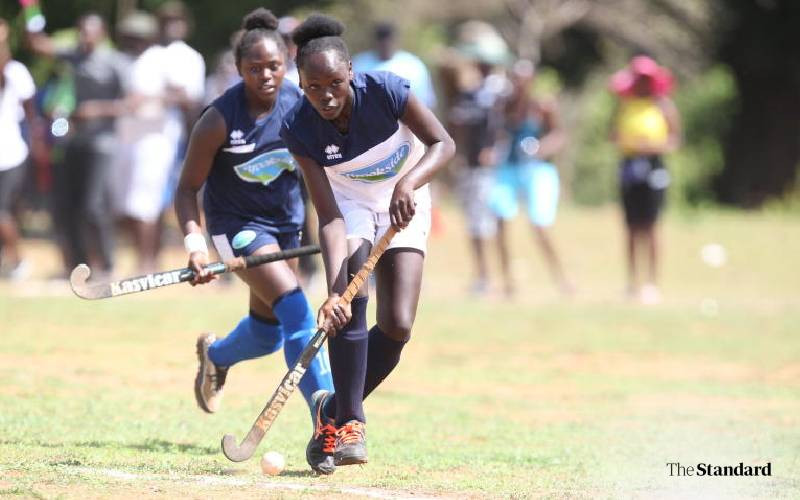Nairobi City County is preparing to dispose 295 unclaimed bodies lying at the Nairobi Funeral Home, formerly City Mortuary.
The move, begs the question of how do people who were once known by family, friends, or neighbours end up forgotten in the morgue?
In a notice, issued on Monday by the county government, families have seven days to identify and collect the bodies, warning that failure to do so would compel the county to seek legal authority for disposal.
Many of the unclaimed are victims of road accidents, mob justice, crime, or sudden illness. Others are linked to police operations.
According to Tom Nyakaba, the Chief Officer for Public Health in Nairobi county, a body is declared unclaimed after three months without a relative or acquaintance coming forward.
Before disposal, the county conducts DNA sampling on all the bodies for potential future identification.
“Sometimes the bodies are badly decomposed, and one cannot tell who the person is. When we do DNA and later find a match with a relative’s sample, we reach out to the family,” Nyakaba said.
The process also involves autopsies, and the participation of multiple government agencies. According to Nyakaba, disposal is not carried out in secrecy.
“We don’t do the process alone. We invite civil society, the homicide department of the Directorate of Criminal Investigations helps us, and we bury them in a manner that we can identify each body by row and grave,” said Nyakaba.
While Lang’ata Cemetery remains the main burial ground in Nairobi, Nyakaba admitted the search for alternative space is ongoing.
In the recent past, there have been reports of the cemetery closing down after being declared full.
The Nairobi Funeral Home has long been synonymous with crowded corridors and poorly preserved bodies.
Nyakaba said the county has improved its procedures, citing new policies requiring embalming within 72 hours and the installation of cameras to record and photograph all admissions.
“We want to make sure that families who come looking for their loved ones have better chances of identification. That is why we keep photos and encourage relatives looking for their loved ones to leave DNA samples with us, so that if their kin is among the unclaimed bodies, they will be notified,” said Nyakaba.
Stay informed. Subscribe to our newsletter
Civil society groups have repeatedly voiced concern over how county governments handle mass disposal of unclaimed bodies.
During a similar exercise last year, when Nairobi announced plans to bury 120 unclaimed bodies, Amnesty International Kenya Executive Director, Irungu Houghton, opposed the move.
He argued that rushed disposal exercises could violate the right to dignity, even in death, and risk obstructing justice in cases involving suspicious deaths.
“The idea of being buried as an unclaimed body in a mass grave is probably one of our worst nightmares. Unseparated from the body mass of others, there is no individual anymore, just humanity decomposing against itself,” said Houghton.
Houghton noted that if bodies linked to crime were disposed of improperly, forensic investigations could become costly and time-consuming.
Exhuming bodies from mass graves, he said, can cost the state millions and delay justice for victims families.


